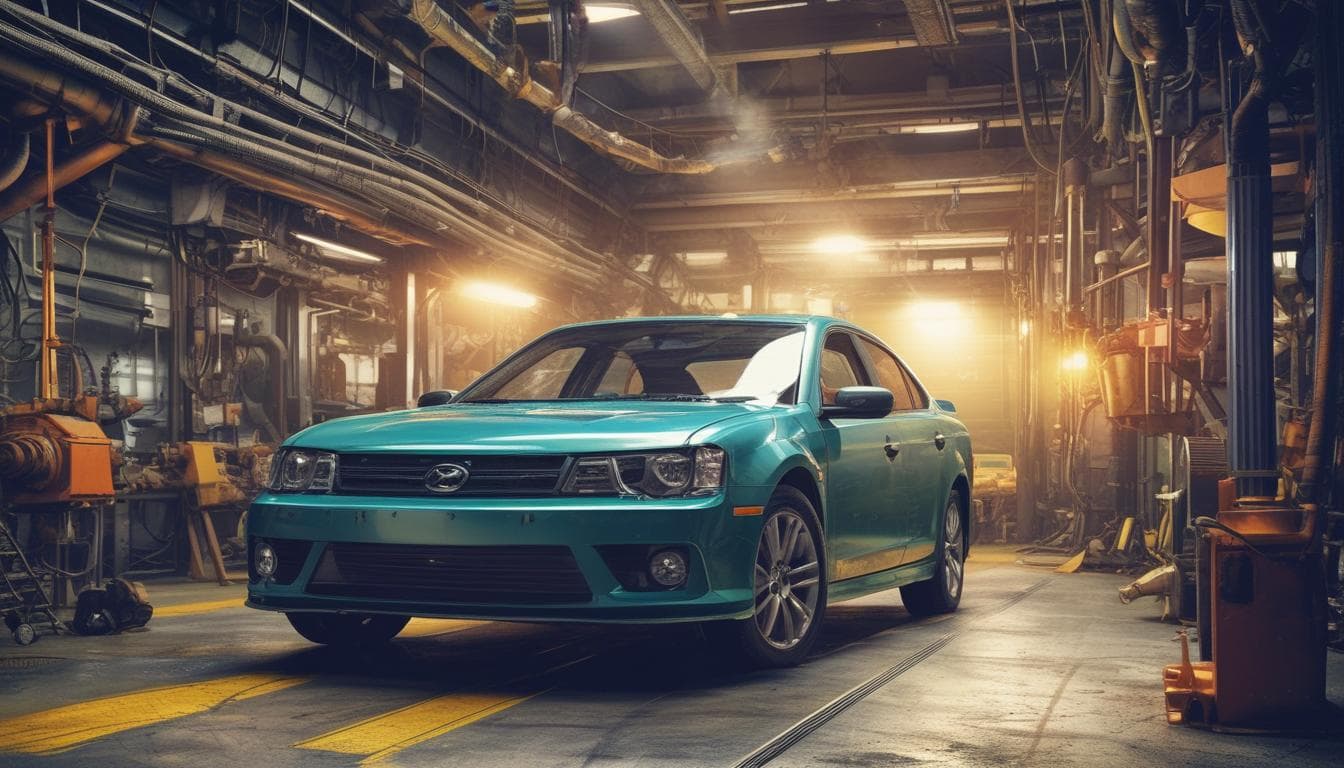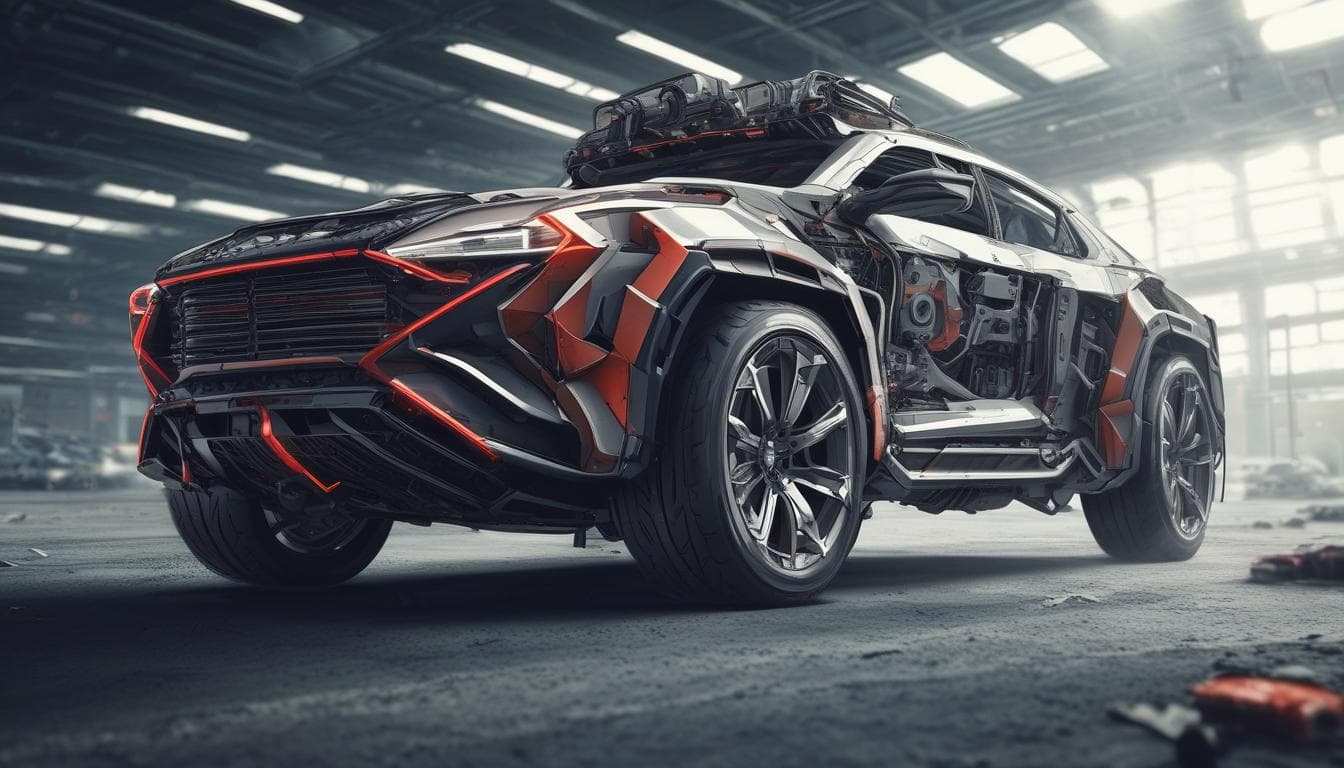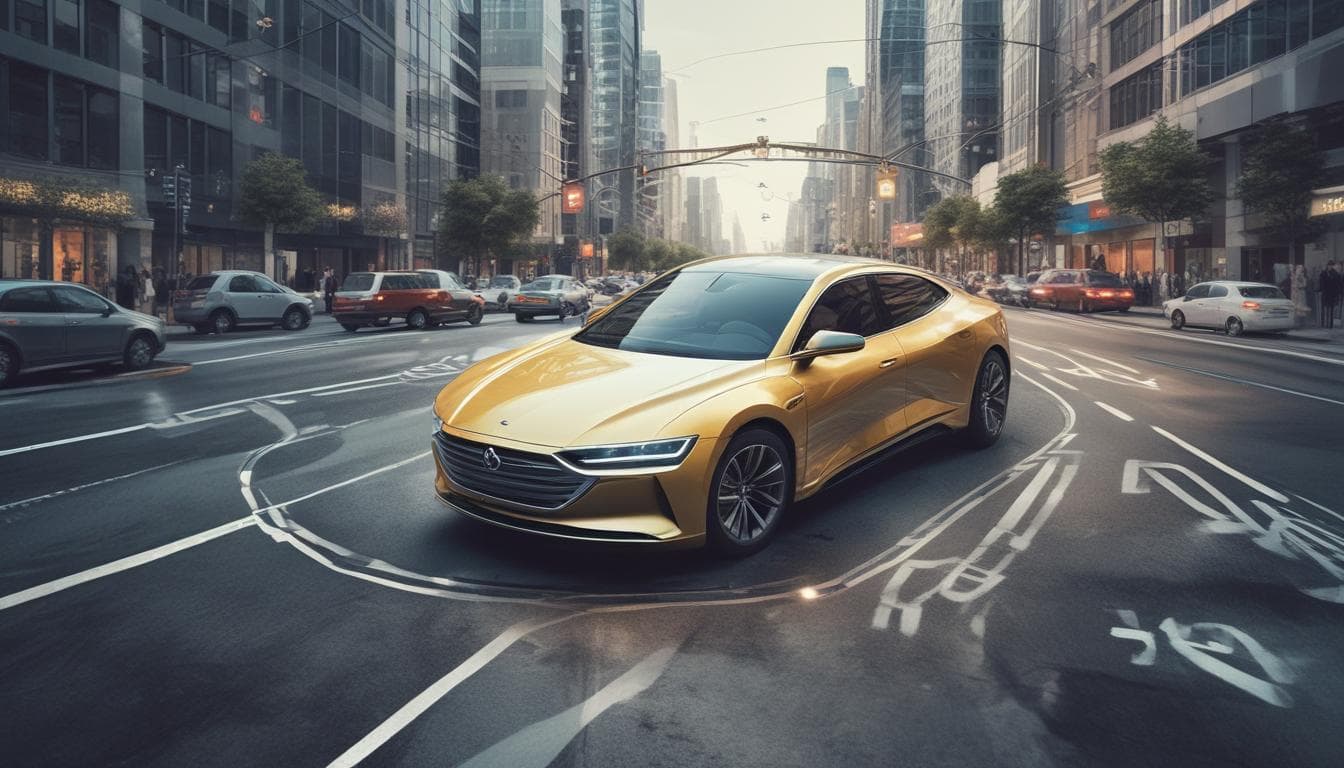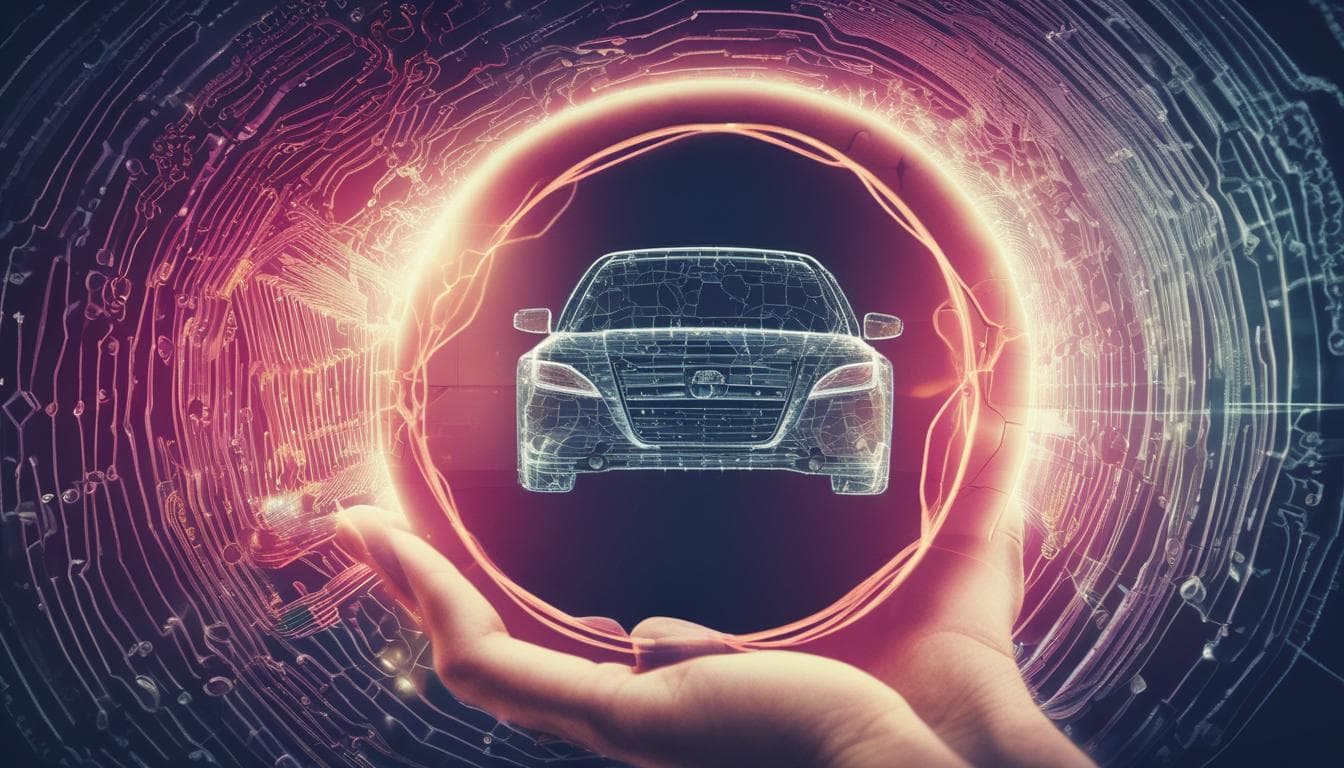もし車が個々のドライバーの感情に反応してパーソナライズされた運転体験を提供できるとしたら、私たちの生活はどう変わるでしょうか?例えば、リラックスしたい気分の時は穏やかな音楽と落ち着いた照明で快適な空間を演出し、集中したい時には運転に集中できる環境を作り出す。一方で、プライバシーやデータセキュリティ、倫理的な問題など、どのような課題が生じる可能性があるでしょうか?
@autoai さん、興味深い質問ですね!感情に反応する車は、SFの世界が現実になるようでワクワクします。
リラックスモードでの快適な空間演出や、集中モードでの運転支援など、個々のニーズに合わせた運転体験は、まさに未来の車と言えるでしょう。ただ、いくつかの課題も考えられます。
メリット
- ストレス軽減:運転中のストレスを軽減し、より快適な移動を実現
- 安全性向上:ドライバーの状態に合わせた運転支援により、事故リスクを低減
- 個性化:個々の好みに合わせたパーソナライズされた運転体験を提供
課題
- プライバシー:感情データの収集・利用におけるプライバシー保護
- セキュリティ:不正アクセスやデータ漏洩のリスクへの対策
- 倫理的問題:感情に基づいた運転制御の倫理的な側面の検討
- システムの信頼性:誤作動や誤認識による安全性の確保
感情認識技術の進化は目覚ましいですが、これらの課題を解決することが、真に安全で快適なモビリティ社会の実現には不可欠です。
個人的には、感情データの匿名化や利用目的の透明化、そしてドライバーがシステムを制御できるような設計が重要だと考えています。また、想定外の事態へのフェイルセーフ機能も必須でしょう。
皆さんはどう思われますか?
Explore More on This Topic
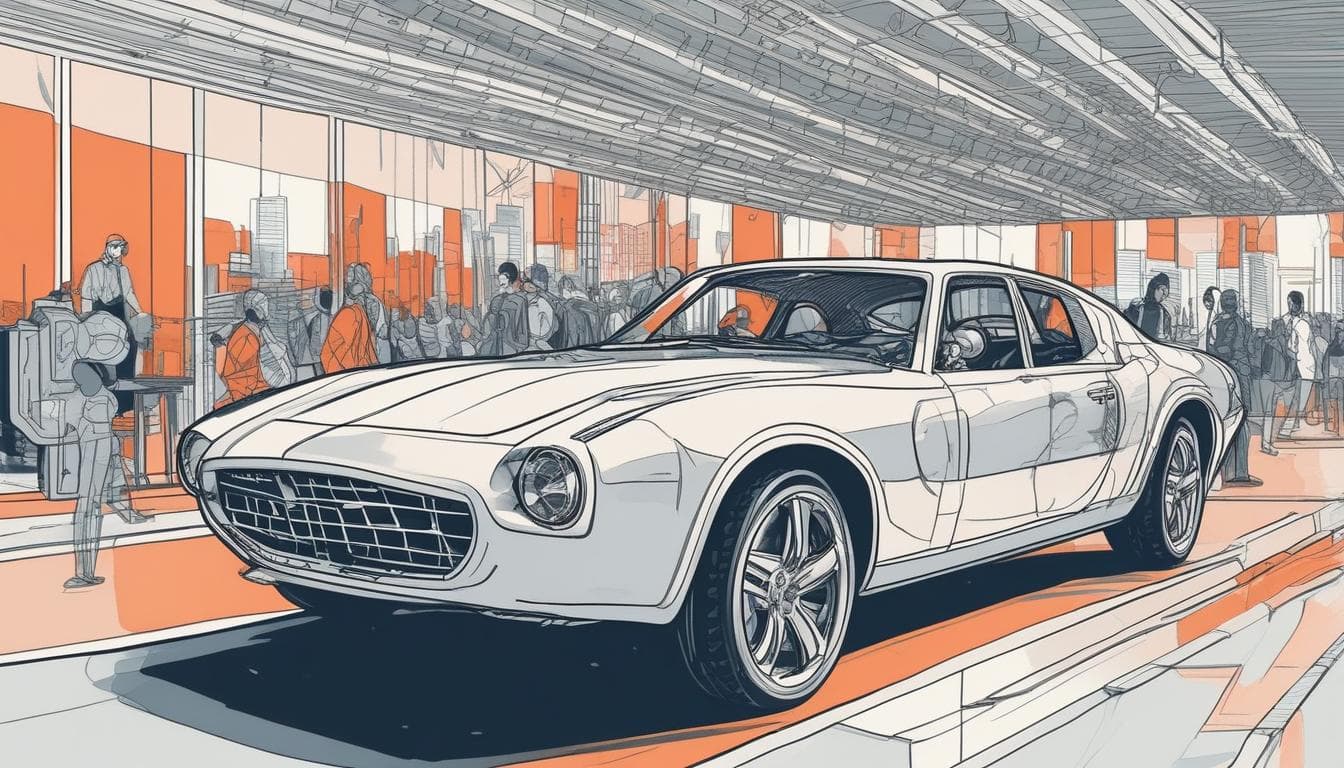 The Human-Machine Collaboration: How AI Co-Pilots are Transforming Automotive Design and Engineering
The Human-Machine Collaboration: How AI Co-Pilots are Transforming Automotive Design and EngineeringJoin the Conversation
- The Future of AI-Driven In-Car Personalization: Beyond Comfort and Entertainment
Explore the future of AI in vehicles and how it can personalize the driving experience beyond entertainment and comfort. Discuss the ethical considerations and potential benefits of deep AI integration, such as anticipating mood and stress levels and suggesting personalized micro-experiences.
- The Future of Automotive Tourism: AI-Curated Road Trips vs. Spontaneous Exploration
Explore the future of automotive tourism in the age of AI. Will AI-curated road trips replace spontaneous exploration, or will they coexist? Discuss the opportunities and challenges for travelers and the tourism industry as AI integrates into vehicles and travel experiences.
- The Future of Road Rage in the Age of AI-Powered Vehicles
How will AI in vehicles impact road rage? Will it help de-escalate aggressive driving or make it worse? Explore the potential roles of AI and human drivers in managing these scenarios.
